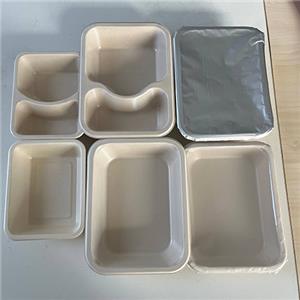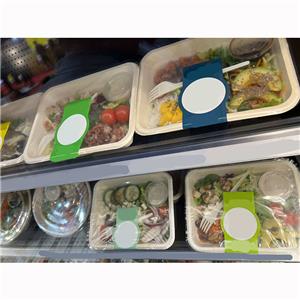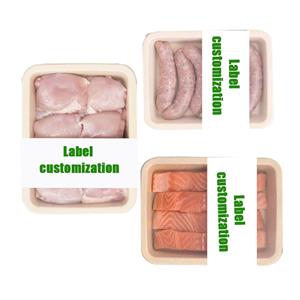Lagos Faces Challenges Enforcing Single-Use Plastics Ban Amid Rising Waste Crisis
By Ope Adetayo | Associated Press | August 13, 2025
LAGOS, Nigeria — Nigeria’s economic capital, Lagos, has officially banned single-use plastics such as disposable cutlery, straws, plates, and Styrofoam packs. But more than a month after the Lagos plastic ban took effect on July 1, compliance remains low, raising questions about enforcement and the availability of affordable alternatives.
With over 20 million residents, Lagos is one of the world’s most polluted megacities. In 2024, the city generated 870,000 tons of plastic waste, a significant share of the 57 million tons produced globally. On a daily basis, Lagos produces around 13,000 tons of waste, nearly 20% of which is plastic.
Weak Enforcement and Lack of Alternatives
Despite the ban, many food vendors and shop owners continue to rely on Styrofoam and plastic packaging.
“Sellers are still using it everywhere,” said shop manager Olarewanju Ogunbona, who admitted he buys plastic-packed meals several times a day.
Environmental activists argue that without strong enforcement, affordable substitutes, and better waste management infrastructure, the single-use plastics ban in Lagos will remain largely symbolic.
“The law is limited in impact without stricter oversight and meaningful support for low-income vendors,” said activist Olumide Idowu.
Global Context: Plastic Pollution Treaty Talks
The Lagos ban comes as countries, including Nigeria, are negotiating a global treaty on plastic pollution in Geneva. However, talks remain divided, with oil-producing nations resisting limits on plastic production, which is heavily tied to fossil fuels like oil and gas.
Waste Management and Informal Recycling
With the city’s waste system overwhelmed, much of the cleanup depends on informal collectors. In Obalende, women painstakingly sort discarded drink bottles for resale to private recyclers, earning roughly $3 a day.
Omoh Alokwe, co-founder of the Street Waste Company, says manufacturers must also step up:
“Producers need to take responsibility for plastics re-entering the environment by ensuring they are collected and recycled.”
Residents Call for Affordable Solutions
For many Lagos residents, convenience and cost dictate packaging choices. Ogunbona believes the plastic ban in Nigeria will struggle to succeed unless the government and manufacturers provide cheap, eco-friendly alternatives.
“People need options,” he said. “Otherwise, we’ll keep using plastics no matter what the law says.”




